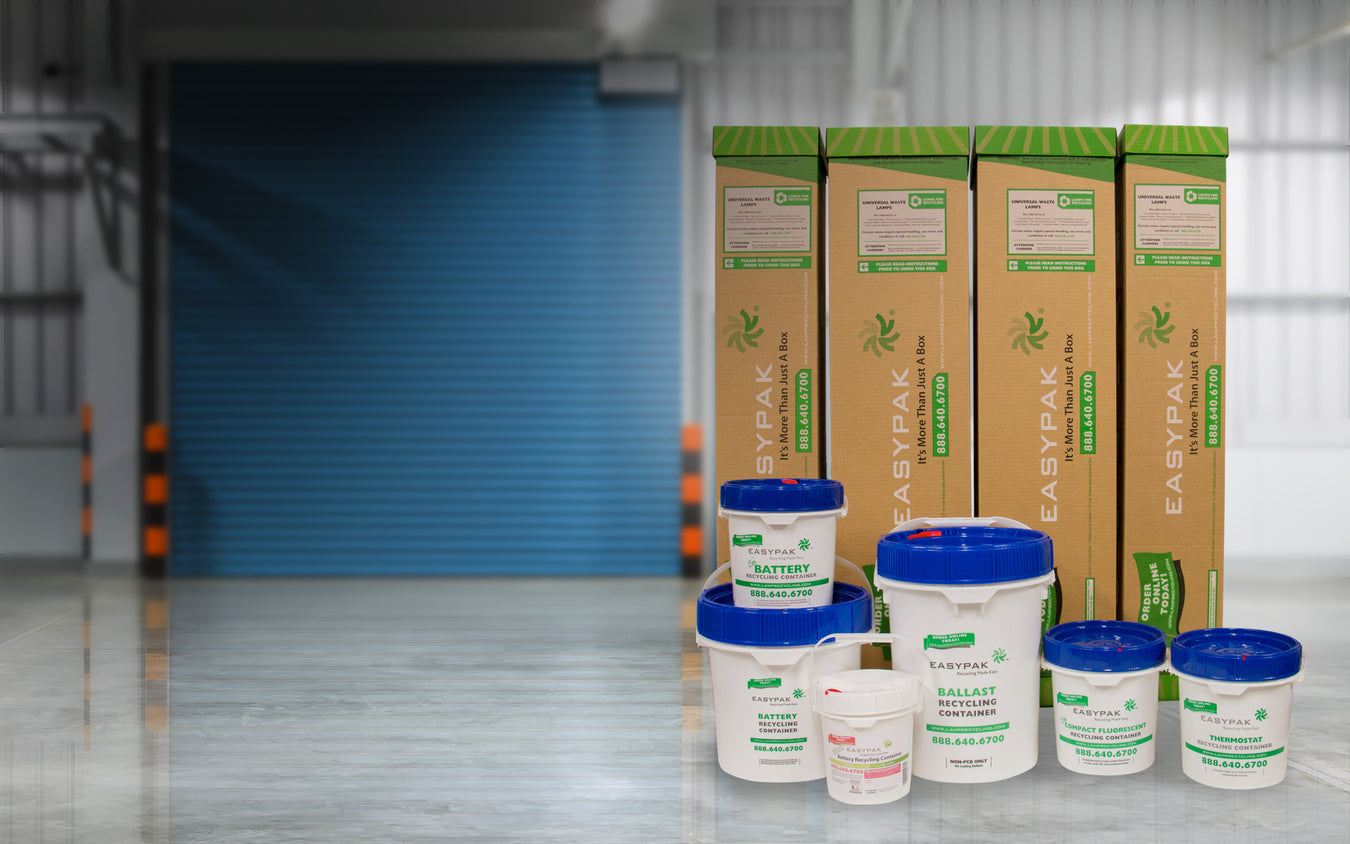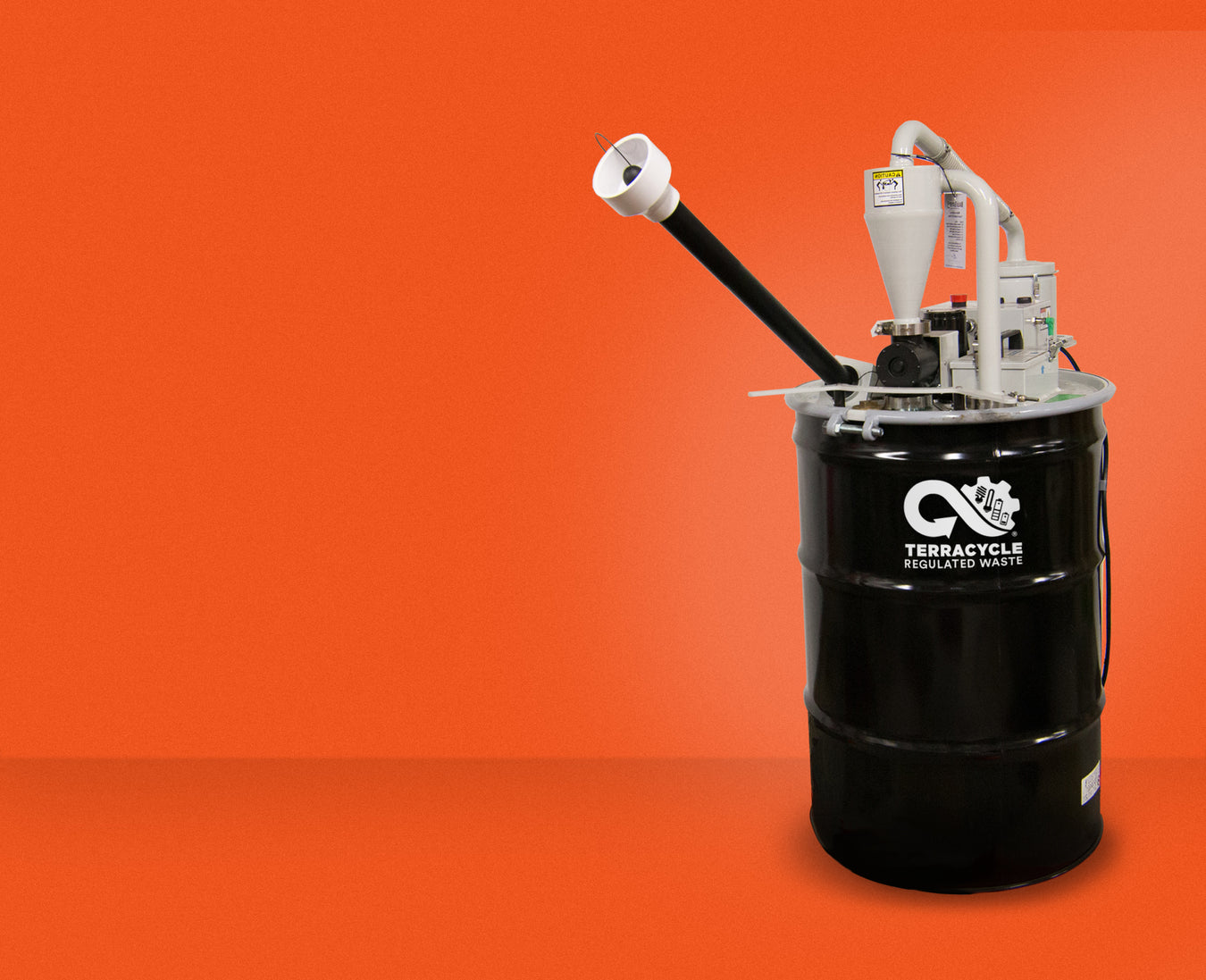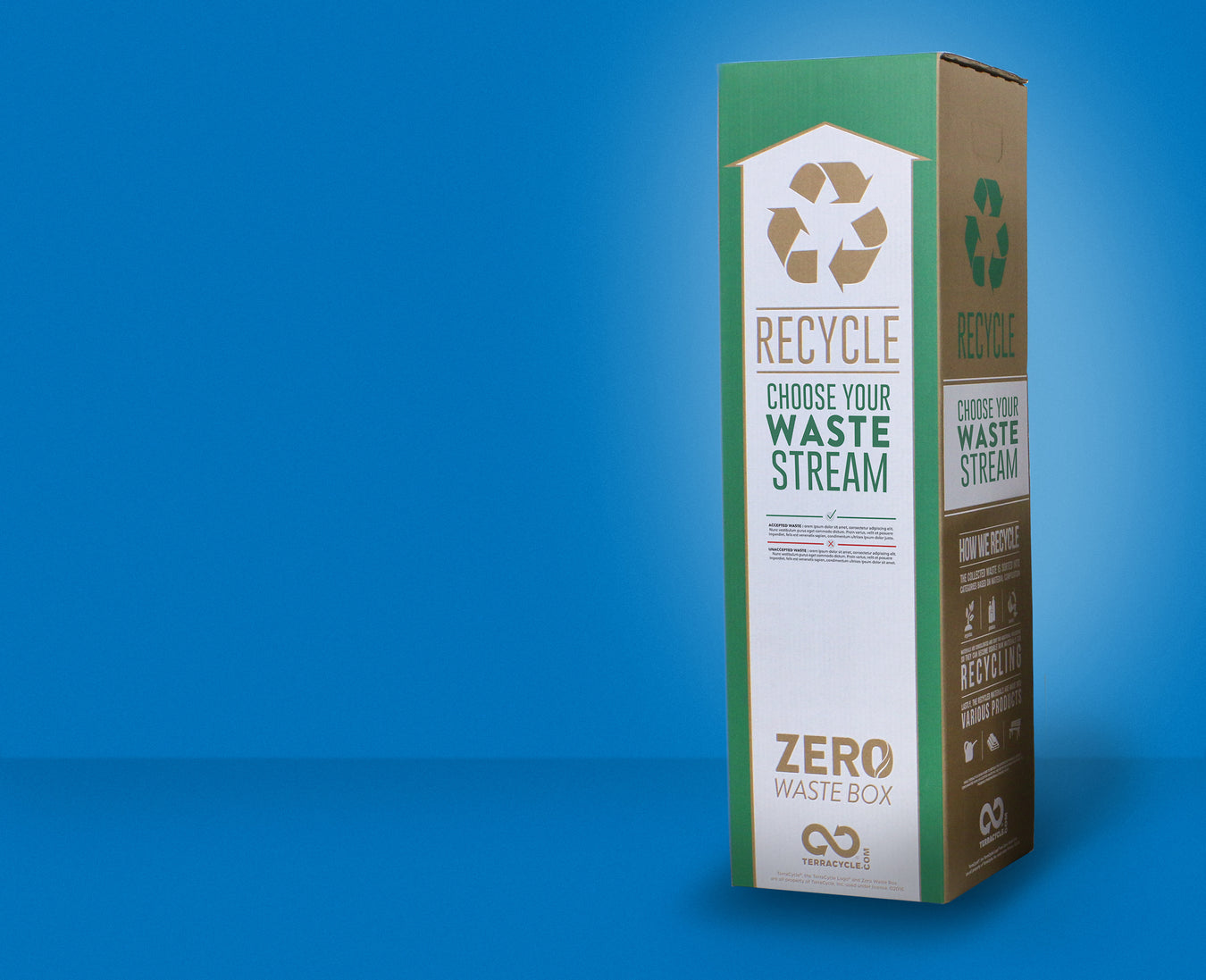Nebraska - State Regulation Information
Stringency Table - Types of Exemptions for Lamps
The chart below provides examples of state regulations compared to the EPA regulations.
We strongly recommend that you discuss stringency with your primary state regulatory contact. This information should not be interpreted as definitive legal guidance. This document was produced in June 2004, and we do not guarantee its accuracy after that date, as state policies may change at any time.
("same" means the state policy is the same as the federal policy)
| Jurisdiction | Generator Exemption (CESQG) |
The Waste itself Where waste from CESQG can go? Source - FR Vol. 64, No. 109, p.30434, June 8, 1999 |
Can the waste be declared non- hazardous, based on HW Characteristic (TCLP) see Glossary | Other stringency or exemptions? |
| Federal EPA | Generators producing less than 100 kg (220 pounds) of hazardous waste (HW) or 1 kg acute HW in each month, including all HW generated. CESQGs are exempt from federal rules, but not exempt from liability (40 CFR 261.5) | Waste may go to any Municipal Solid Waste Landfill (MSWLF) | Wastes that test less than 0.2mg/l soluble mercury are not considered hazardous under federal rules. | Crushing can only be done by generator (40 CFR 262.34); crushed waste that is not UW- must be managed as RCRA HW. Crushing not allowed within federal UWR, but may be within State UW regulations. No one may crush third-party lamps without treatment authorization [1]. No mobile treatment units. |
| Nebraska | same | same | same | same |
State Regulatory Contacts
PLEASE NOTE:
The primary contact is the first person you should reach for information on recycling and mercury-lamp management.
If the primary contact is not available, or if you are seeking a particular regulatory expertise, use the secondary contacts listed here.
| Primary Contact | Title | Agency | Phone | |
| James D. Harford | Hazardous Waste Compliance Officer | Hazardous Waste Management Section, Department of Environmental Control | (402) 471-8308 | Jim.Harford@ndeq.state.ne.us |
| Address | P.O. Box | City | Zip Code | |
| 1200 N St., Suite 400 | 98922 | Lincoln | 68509-8922 | |
| Secondary Contact | Title | Phone | Area of Responsibility | |
| NoneA | ||||
More Resources
| Web Links and Informational Resources | |
| Universal Waste Rule | http://www.deq.state.ne.us/RuleAndR.nsf/pages/128-Ch-25 |
| Nebraska Department of Environmental Quality Home Page | http://www.deq.state.ne.us |
[1] Crushing lamps intentionally is considered otreatmentö of a hazardous waste. Regulations allow generators, in some cases, to treat their own waste without having to get permits or authorization from their states. No one, however, is allowed to treat someone elseÆs hazardous waste without specific authorization and/or permitting from the state. Commercial lamp recyclers treat lamps during the recycling process and are usually considered oDestination Facilitiesö subject to permitting. Generators who treat their own lamps may do so, but when they do the lamps lose their oUniversal Wasteö status and are considered fully-regulated hazardous waste, subject to numerous more stringent federal standards than Universal Wastes. Unless a state policy allows generators to crush and still manage as UW, generators who crush are subjecting themselves to increased costs and regulatory burden. EPA has not approved any portable or mobile crushing technologies.
[2] In California, to qualify as a Conditionally Exempt Small Quantity Universal Waste Generator, the combined weight of universal waste and RCRA hazardous waste generated in a calendar month may not exceed 100 kilograms (220 pounds), not counting cathode ray tubes and CRT devices, and the weight of acute hazardous waste generated per month may not exceed 1 kilogram (2.2 pounds) and the number of CRT devices (defined as any electronic device that contains one or more CTRs, including but not limited to computer monitors, televisions, cash registers and oscilloscopes) generated in a year may not exceed 5. If a generator exceeds any of these amounts, then all lamps are regulated. If a generator remains below all these amounts then the 30 lamp per month exemption applies.
[3] Update 07/12-04 New Law S7399 - Effective as soon as DEC prepares regulations.





